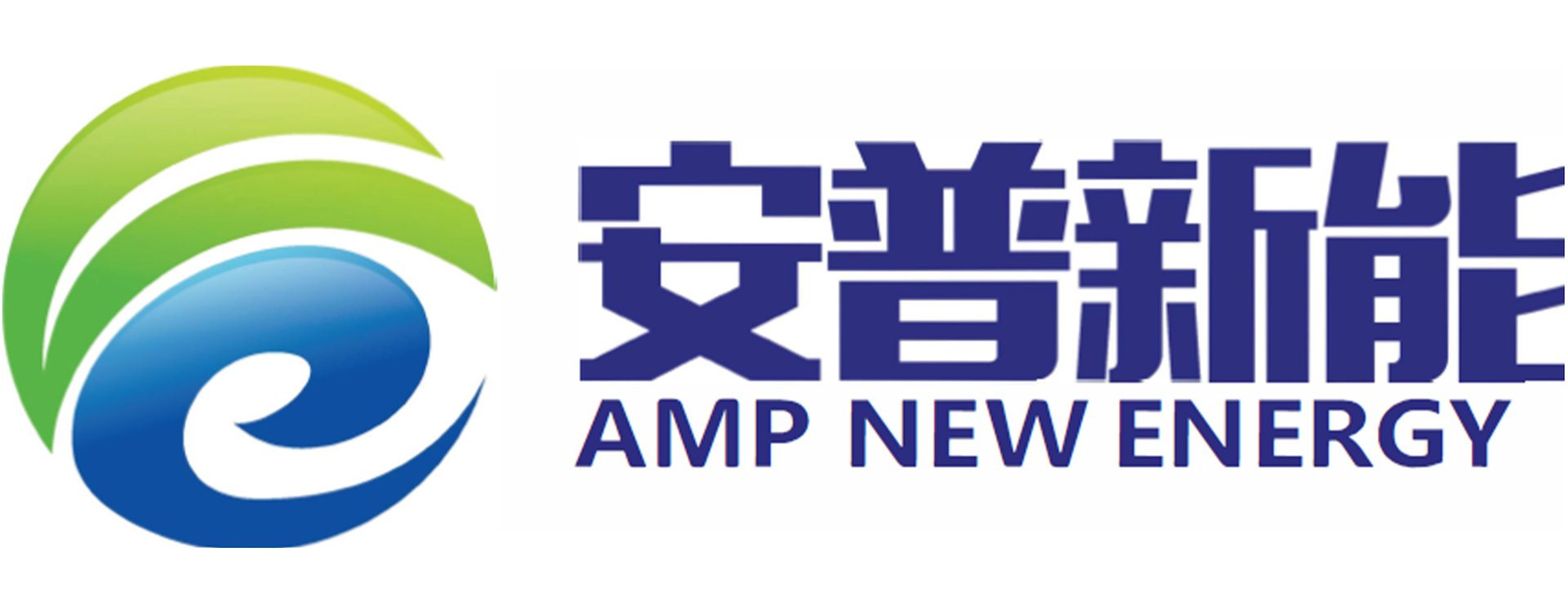1. Introduction to PVDF Resin For injection and extrusion
Polyvinylidene fluoride (PVDF) resin is a high-performance thermoplastic that is widely used in various industries for injection molding and extrusion processes. This versatile material offers excellent chemical resistance, mechanical properties, and thermal stability, making it ideal for applications in the automotive, electrical, chemical, and pharmaceutical sectors.
2. Understanding PVDF Resin
PVDF resin, also known as polyvinylidene difluoride, is a fluoropolymer that exhibits exceptional resistance to chemicals, UV radiation, and high temperatures. It is commonly available in various grades, each designed to meet specific performance requirements. PVDF resin is highly durable, lightweight, and possesses a low friction coefficient, making it suitable for a wide range of applications.
3. Advantages of PVDF Resin
PVDF resin offers several advantages that make it a preferred choice for injection molding and extrusion processes:
- Excellent chemical resistance: PVDF resin shows exceptional resistance to acids, solvents, and bases, ensuring the longevity of products made from this material.
- High thermal stability: PVDF resin can withstand elevated temperatures without losing its mechanical properties, making it suitable for demanding applications.
- Low permeability: PVDF resin has low gas and liquid permeability, making it an excellent choice for applications requiring containment or barrier properties.
- Good electrical properties: PVDF resin exhibits excellent dielectric properties, making it suitable for electrical insulation applications.
- UV resistance: PVDF resin is resistant to UV degradation, ensuring long-term stability even in outdoor applications.
4. Applications of PVDF Resin for Injection Molding
PVDF resin is widely used in injection molding for various applications, including:
- Automotive components: PVDF resin is used to manufacture fuel system components, electrical connectors, and sensor housings due to its chemical resistance and dimensional stability.
- Electrical insulation: PVDF resin is an excellent choice for electrical insulation applications due to its high dielectric strength and low dielectric constant.
- Chemical processing equipment: PVDF resin is used to produce pipes, valves, and fittings for its exceptional chemical resistance to corrosive substances.
- Medical devices: PVDF resin is suitable for medical applications due to its biocompatibility, sterilizability, and resistance to various chemicals used in healthcare settings.
5. PVDF Resin for Extrusion Processes
PVDF resin is also highly suitable for extrusion processes, offering numerous benefits:
- Wire and cable insulation: PVDF resin's excellent electrical properties make it an ideal material for insulation in high-performance wires and cables.
- Films and sheets: PVDF resin can be extruded into thin films and sheets, which find applications in the construction, chemical, and pharmaceutical industries.
- Tubing and pipes: PVDF resin is used to produce tubing and pipes for its chemical resistance, dimensional stability, and low permeability.
- Coatings: PVDF resin can be extruded as a coating onto various substrates to provide exceptional chemical resistance, weatherability, and durability.
6. Processing PVDF Resin for Injection Molding
When processing PVDF resin for injection molding, it is essential to follow certain guidelines:
- Melt temperature: The recommended melt temperature for PVDF resin typically ranges from 320°C to 370°C, depending on the grade used.
- Mold temperature: PVDF resin requires a mold temperature between 80°C and 120°C to ensure proper crystallization and dimensional stability.
- Injection speed and pressure: It is recommended to use high injection speeds and pressures to achieve optimal flow and fill the mold completely.
- Drying: PVDF resin should be dried before processing to eliminate any moisture that may affect the quality of the final product.
7. Processing PVDF Resin for Extrusion
Extrusion of PVDF resin requires specific considerations to achieve desired results:
- Extrusion temperature: The extrusion temperature for PVDF resin typically ranges from 200°C to 250°C, depending on the grade and desired properties.
- Screw design: The screw design should be optimized for PVDF resin to ensure uniform melting, mixing, and homogeneity of the material.
- Cooling: Proper cooling is crucial to achieve dimensional stability and prevent warping or distortion of the extruded product.
- Line speed: The line speed should be adjusted to allow sufficient cooling time for the extruded PVDF resin to solidify and maintain its shape.
8. Choosing the Right PVDF Resin Grade
When selecting a PVDF resin grade for injection molding or extrusion, consider the following factors:
- Application requirements: Identify the specific performance requirements of your application, such as chemical resistance, mechanical strength, or electrical properties.
- Processing conditions: Consider the processing parameters, including temperature, pressure, and cycle time, to ensure compatibility with the chosen grade.
- Regulatory compliance: If your application requires compliance with specific regulations or industry standards, choose a PVDF resin grade that meets the necessary certifications.
9. Storage and Handling of PVDF Resin
Proper storage and handling of PVDF resin are essential to maintain its quality and performance:
- Storage conditions: PVDF resin should be stored in a cool, dry place away from direct sunlight and moisture to prevent degradation.
- Handling precautions: When handling PVDF resin, use appropriate personal protective equipment (PPE) to avoid skin contact or inhalation of dust.
- Resin contamination: Prevent resin contamination by using clean equipment, avoiding contact with incompatible materials, and following good manufacturing practices.
10. Conclusion
PVDF resin is a versatile material suitable for both injection molding and extrusion processes. Its exceptional properties, including chemical resistance, thermal stability, and electrical insulation capabilities, make it an excellent choice for a wide range of applications in various industries. By understanding the specific requirements of your application and selecting the appropriate PVDF resin grade, you can achieve high-quality and reliable products.

